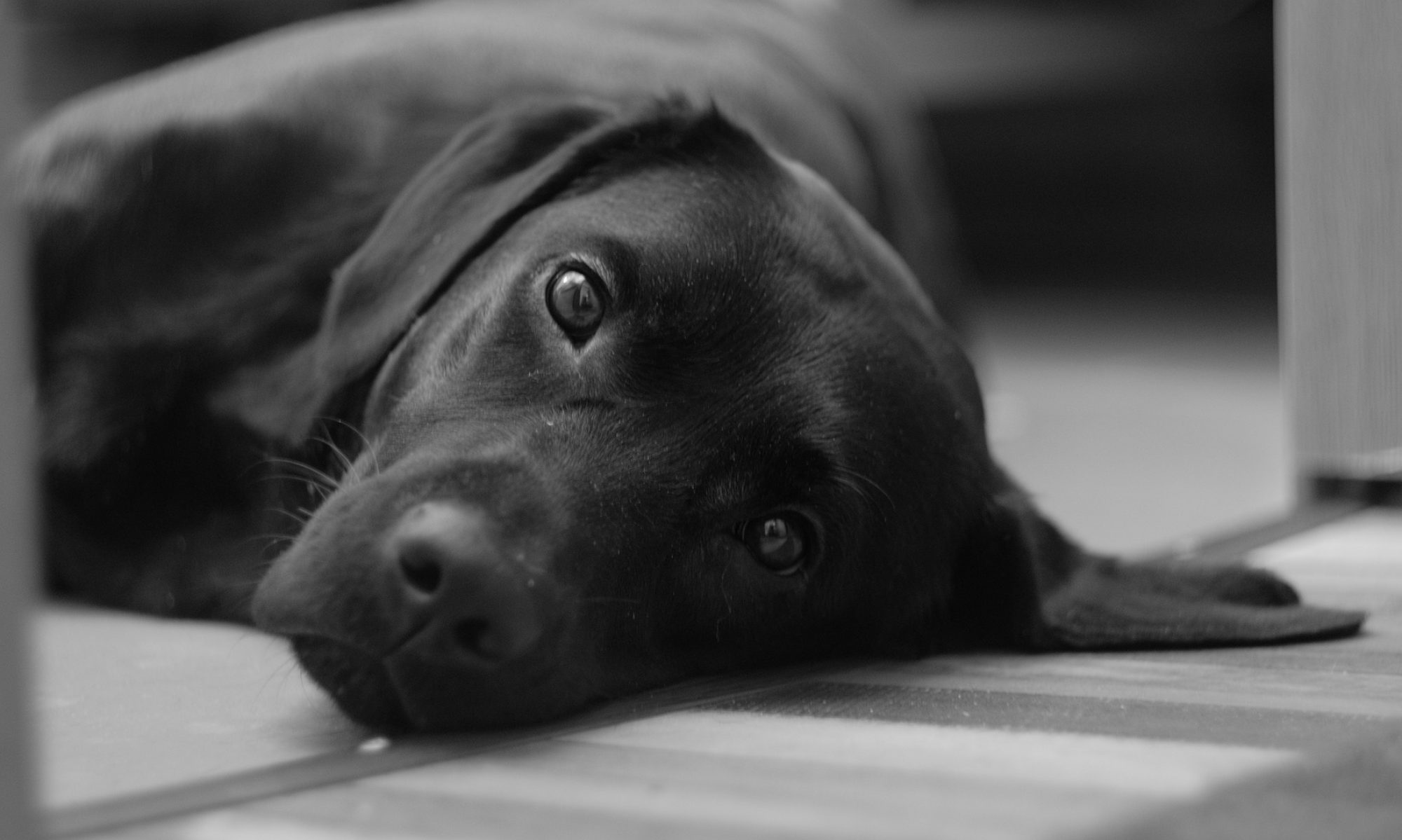What influences the condition of a dog’s coat? There are many factors that influence a dog’s coat. Below is a list of some of these factors:
• Genetically, a dog can inherit coat quality
• Diet
• Exercise
• Housing and bedding
• Grooming regime
All coats can be improved with effort and consideration of the dog’s individual needs.
Feeding
What you feed your dog does influence the quality of your dog’s coat. It is always advisable to listen to your breeder’s advice about feeding. A reputable breeder is careful to give new puppy owners a diet instruction sheet to follow through from puppy hood to adult age. Excellent breeders will support the new puppy owner and provide after-sales advice throughout the dog’s lifetime.
It is possible for two pups from the same litter to have completely different dietary needs. This is unusual, as dogs are basically scavengers. Some dogs do, however, have special needs. Your breeder should be able to suggest a suitable diet. Your vet would be the next logical advisor about diet for your particular pup or dog.
What does being a scavenger mean? Dogs retain many of their original characteristics from when they were living in the wild. They are largely resistant to food poisoning. They have large teeth for cutting meat and tearing tough tissue. Even a small dog will relish a good meaty bone or a chunk of chewy meat.
Natural Diet
Many people believe the more they spend, the better the results, which is not necessarily always true. Dogs are what they eat. Feeding the dog is important to skin and coat care. It is essential to point out that needs of individual dogs can and do differ. No matter what your preference is for dog food, not all dogs are suited to your personal preferences. If a natural diet is fed, there is far less likelihood of adverse reaction. The coat of your dog will tell the story of the quality of his diet. A meal made from brown rice and chicken is a healthy, natural diet for a dog that can be fed two or three days a week to enhance the quality of the dog’s coat.
Some dogs may benefit from additives such as evening primrose oil, flaxseed oil or starflower oil at a dose of 500 mg daily. This is especially beneficial when the coat is poor from a previous diet, if the dog has a flea allergy problem or has suffered inherited or environmental effects that leave the coat looking far from good. Natural food also rarely attracts fleas. The dog’s skin is less pleasant for parasites.
Cheese has many essential nutrients and is a good source of calcium. Most dogs love cheese. Vegetables can be given to a dog as treats. Packs of mixed vegetables from the freezer at the local supermarket are easy to feed occasionally and as a treat. Most dogs love mixed vegetables. Feed in small amounts to small dogs only 2 or 3 times per week.
Dogs also love fruit, even raw cabbage and raw broccoli. Avoid grapes. Grapes are toxic to dogs. Fiber, such as oat bran, will help to prevent anal gland trouble. Cider vinegar is useful in helping the immune system.
Avoid raw meats.
* Please note that the opinions of the dog lessons articles do not necessarily reflect the opinions or practices of any or all employees of dog-bed-directory.com.

